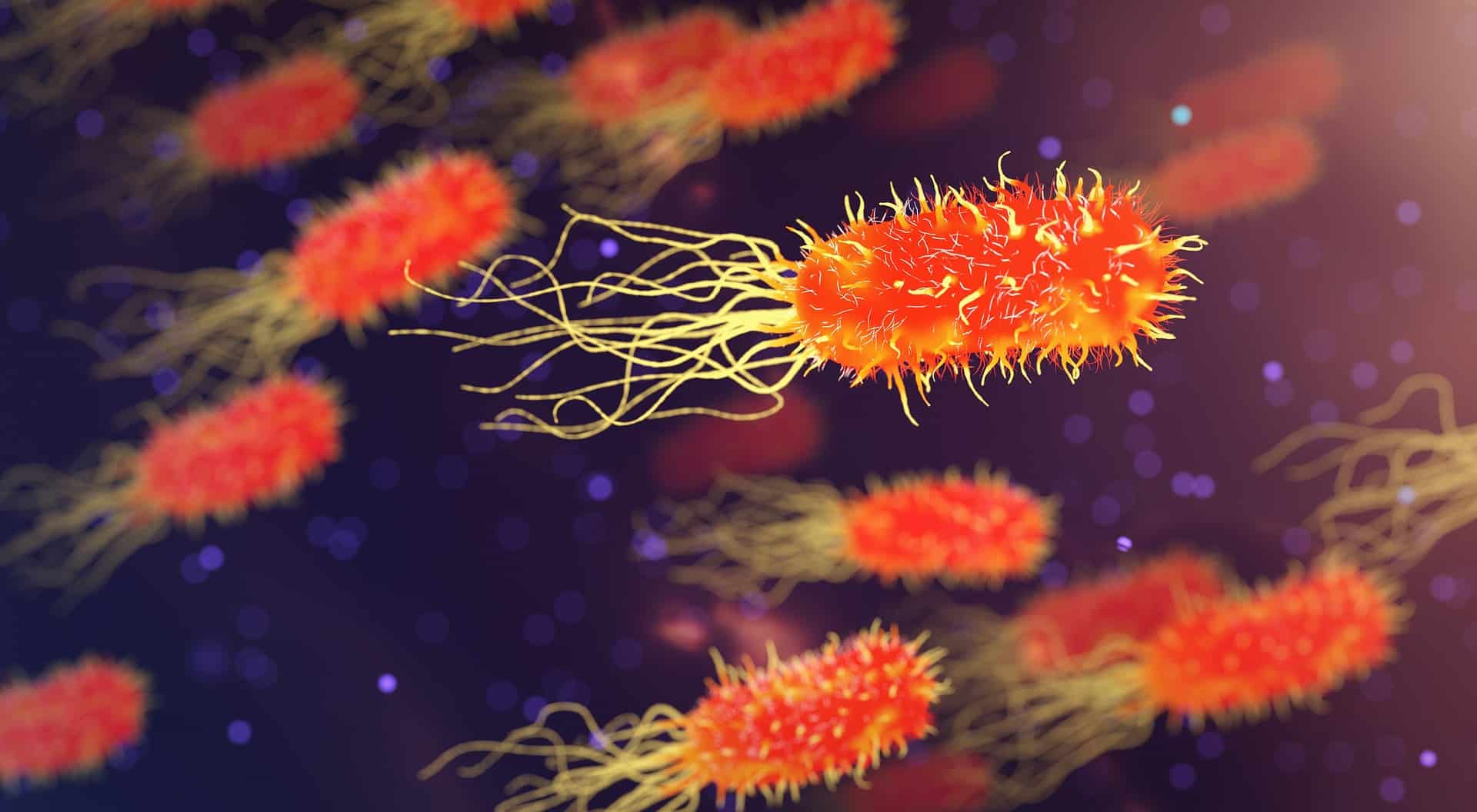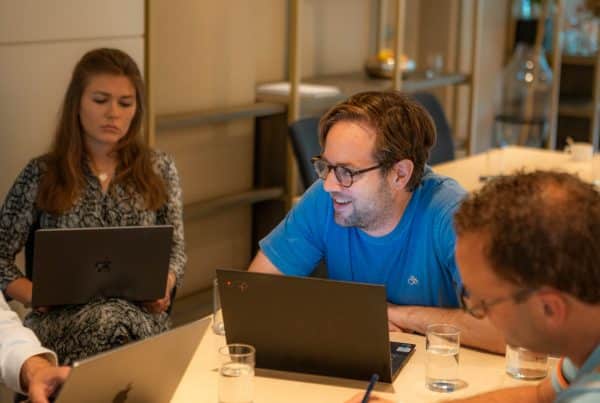Can the microbes inside us help us decide what foods to eat, predict our age, or even tell us what cosmetics to use?
Trillions of microorganisms live on and inside the human body, in what is known as the human microbiome. Over the past decade, the microbiome has become one of the hottest areas in biotech due to numerous studies demonstrating its importance in our overall quality of life. The gut microbiome specifically has been linked to a wide array of conditions, including irritable bowel syndrome (IBS), cardiovascular disease, obesity, dermatitis, and cancer. There are high hopes for data science insights harnessed from the microbiome to accelerate development of personalized treatments and medicines.
Complexity and Scale: Huge Data Challenges
With over a thousand species in existence and each microbe containing millions of data points, microbial data within and across humans is quite complex. A person’s microbiome can be thought similarly to their own DNA, a personal signature unique to only them. Because the microbiome is present all over the human body, with communities present in the mouth, gut, eyes and skin, it is sometimes referred to as a ‘virtual organ’. Experiments to sequence and capture the diversity within a single microbiome can easily surpass terabytes of data. Such complexity and scale pose huge data challenges. How can we possibly analyze and understand this data in order to develop actionable insights for healthcare applications?
The Power of AI for the Human Microbiome
This is where Artificial Intelligence (AI) steps in. Thanks to machine learning and Big Data techniques, the deluge of microbiome data can be mined to investigate the relationship between us and our internal microbial communities. Hundreds of research groups, startups and industrial enterprises have developed models, platforms, and infrastructures to access the wealth of information found within the human microbiome.
Some noteworthy examples of companies that use microbiome data science:
- ARTPred, a Dutch company which released the first microbiome test capable of predicting in vitro fertilization (IVF) success. Their product is based on the detection of biomarkers within the vaginal microbiome.
- DayTwo, a SeriesB startup in Tel Aviv that offers consumers a method to personalize one’s nutritional needs. DayTwo sequences the gut microbiome and analyzes thousands of foods to generate a personalized nutrition report with the overall aim of managing blood glucose levels.
- Frameworks by IBM have recently been developed to predict skin dryness, smoking habit, age and menopausal status all based on measurements from the skin microbiome.
- Lastly, one of the biggest movements in this field is the development of microbiome targeted therapeutics. As disturbances or fluctuations in the microbiome can lead to numerous diseases, companies like Axial Biotherapeautics (brain disorders), Seres therapeutics (dysbiosis), Dermala (acne), Oralta (oral health) and many others are developing microbial solutions that interact and influence the microbiome for improved health outcomes.
Amsterdam Data Collective’s Stance on Microbiome Data Science
With Big Data also comes big challenges. Obtaining the right data is an essential first and difficult step for most microbiome applications. As mentioned previously, precise data discovery in this space requires vast amounts of data in order to identify niche and/or problematic focus areas. Furthermore, this data is often noisy, and suffers from the curse of dimensionality. The nonstationary nature of the microbiome adds additional data challenges as time series analysis is required to obtain a better picture of how the microbiome responds to external interventions such as food or medicine.
Such challenges are not new to us. With years of experience extracting insights from large datasets in each of our four major sectors, we have naturally come face to face with numerous similar challenges. Staying up to date with the latest data science trends and applications such as the ones used to mine the microbiome, allows us to continuously grow our expertise and commit the latest data techniques to our ever-expanding toolbox.
On this journey to explore our internal microbial world, Amsterdam Data Collective is excited about the value of AI to enable personalized medicine for a healthier and happier society, starting with your quality of life.
Would you like to know more?
Would you like to learn more? Get in touch with Thony Ruys or check our contactpage.






